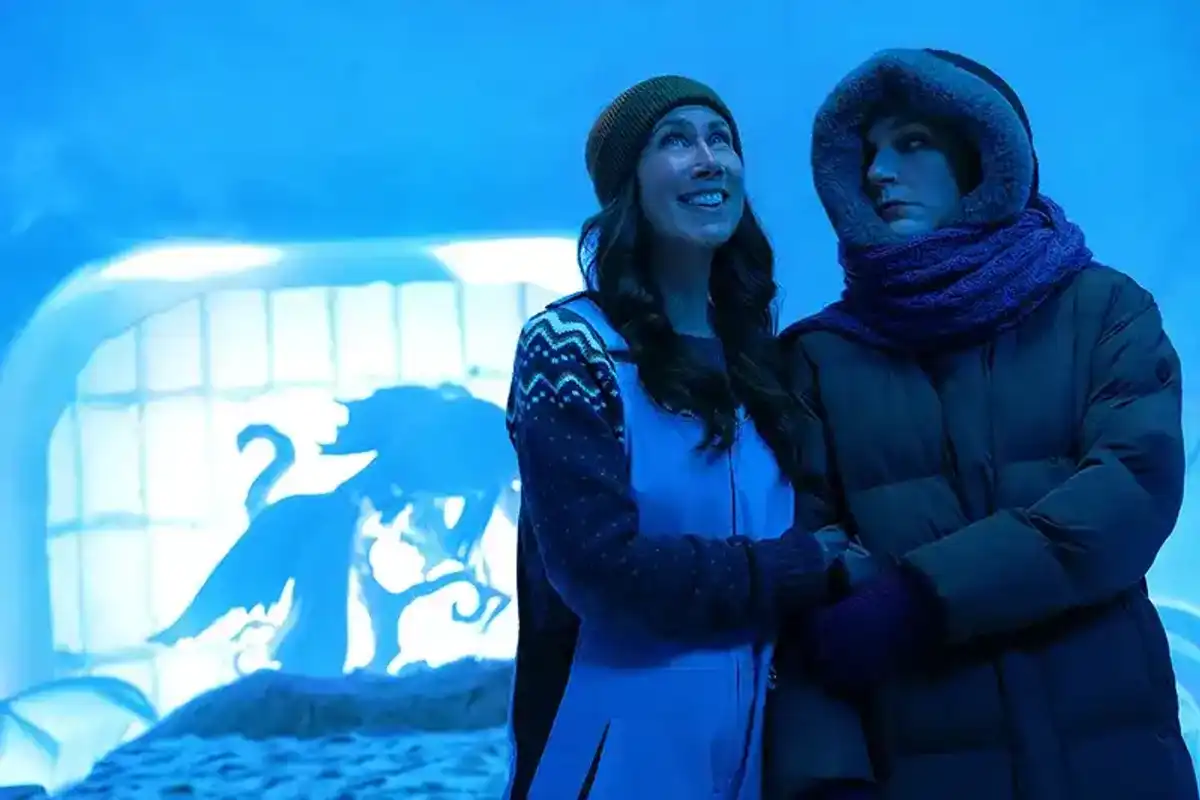
A new study has suggested that a mass extinction on Earth was triggered by the explosion of nearby stars.
The study, published in the Proceedings of the National Academy of Sciences, proposes that that this event – which was around 359 million years ago – could have happened because of a supernova. The researchers aren’t sure that the Supernova definitely existed.
If it did, it existed outside of the “kill zone” – far enough away that the after effects of its destruction damaged the atmosphere of the Earth, and not close enough to destroy it altogether. At the brightest point of its explosion, it would have been even brighter than a full moon.
The radiation from the supernovae is suggested to have depleted the ozone layer – and traces of it, via cosmic rays, could be found in fossils and sediment from this era, if they are ever discovered.
The period when this supernovae may have exploded is known as the Late Devonian period, when biodiversity on Earth was already declining. Previous findings from other researchers has indicated that there may also have been other supernovae around the same time. These stars are very social, so it’s likely that there could have been several within a million or so years of each other (which is a short time in human terms).
Other scientists have found a recent supernova in radioactive isotopes embedded in the seafloor – these isotopes are just variations on ‘normal’ atoms of elements that we’re familiar with. These particles may have come to Earth much more recently – around 2 million years ago. However, even finding these isotopes was difficult, and these isotopes (which are much more recent than the supernovae from the Devonian period) will not survive hundreds of millions of years. So if there are elements which do exist which hint at a 359 million year old supernovae explosion, they’ll be incredibly hard to find.
This isn’t a deterrent for Brian Fields, the lead author on the study (a physicist at the University of Illinois, Urbana-Champaign). He told Vice:
“Even if something sounds very hard, it’s better to suggest it and see if someone can be clever than not mention it. That’s the spirit with which we’re writing this.”













